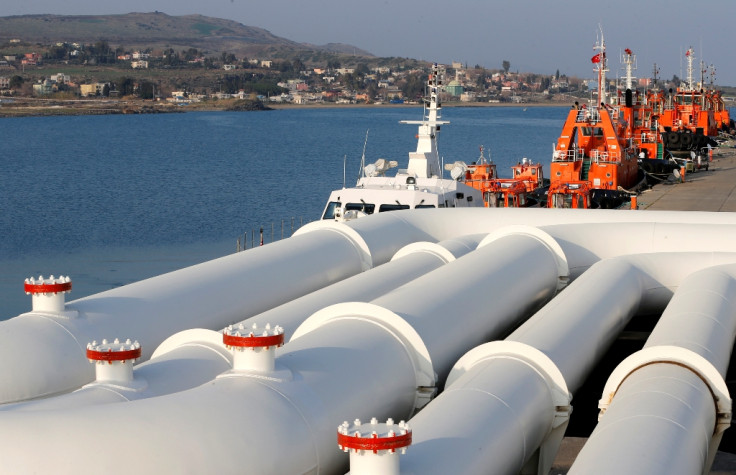Iraqi Kurdistan to Double Turkey Oil Pipeline Capacity By September

Iraqi Kurdistan's oil pipeline to Turkey is set to double its capacity by the end of August, according to Reuters news agency.
Citing industry sources and officials, the agency said the upgrade would increase the daily pumping capacity to 200,000 barrels per day, providing a major boost to the semi-autonomous region's exports and revenues.
"Work to increase the capacity will probably be completed by the end of this month. Once it is completed, pumping can increase to up to 220,000 barrels per day," a Turkish official told Reuters.
The Iraqi Kurdistan pipeline began operating at the start of 2014 and was transporting 100,000 – 120,000 bpd – before it was shut down for maintenance work.
The Kurdistan Regional Government (KRG) started exports of Iraqi Kurdish oil in May, via the Turkish Mediterranean port of Ceyhan.
Trading problems
Since then, the Kurds have loaded seven oil tankers at the port, although some have run into difficulty finding buyers.
The move was vehemently opposed by Baghdad, which threatened to sue buyers of Kurdish oil and launch a lawsuit against Turkey for its role.
Baghdad says it has sole rights to sell oil produced in Iraqi Kurdistan, while Arbil, the capital of the Iraqi Kurdistan region, insists the constitution affords them the right to export oil independently.
Baghdad and the KRG have been involved in a long-running political spat that saw the central government withhold state funding from the semi-autonomous region. Local government staff in Arbil went unpaid for a number of months as a result.
The latest tanker carrying Kurdish crude to find a potential buyer docked in the Croatian port of Omisalj on Sunday, in what was reported as the fourth major sale of Kurdish crude.
© Copyright IBTimes 2024. All rights reserved.






